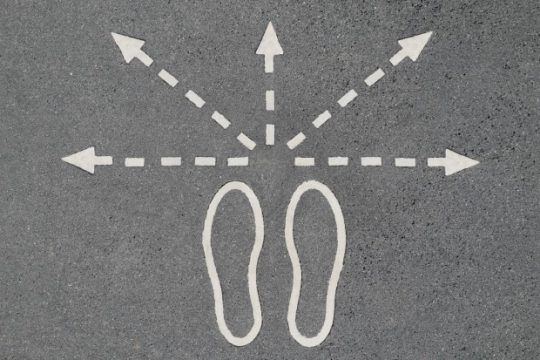
Most of us have experienced the phenomenon of walking into a room and then having no clue about what we were going to do when we got there. It’s not unusual, and for many of us it happens more often than we’d care to admit. If you’re old enough, you tend to simply shrug it off as just another “senior moment.”
Believe it or not, there’s more to it than that. An extensive study conducted at the University of Notre Dame and published in the “Quarterly Journal of Experimental Psychology” verified that there is a perfectly logical explanation for this, and it doesn’t have anything to do with age!
Using a series of three experiments involving 163 individual participants, researchers were able to conclude that the simple act of moving through a doorway from one location to another produces a gap in the time continuum between short- and long-term memory. What this means in simple term is that the doorway is viewed subconsciously as a gateway to a new place, triggering a natural impulse to consolidate one’s short-term memory into the bank of long-term storage held somewhere in the brain. As the shift in storage takes place, there’s a momentary break in the flow of thoughts—you didn’t lose the reason you went into the room, it’s just in transit to your memory bank for storage and later retrieval. That’s why you eventually recall why you came through the door in the first place.
And just to further put your mind at ease…the participants in these three experiments were students recruited at the University, so it clearly isn’t an age-related problem. In technical terms, the research describes it as an “event boundary in the mind,” so next time it happens to you, there’s your explanation!
Subscribe
Sign Up for Our E-Newsletter!
Stay up-to-date on all of the topics you care about by subscribing to our quarterly newsletter emailed directly to your inbox!
SubscribeSubscribe
Sign Up for Our E-Newsletter!
Stay up-to-date on all of the topics you care about by subscribing to our quarterly newsletter emailed directly to your inbox!
Subscribe